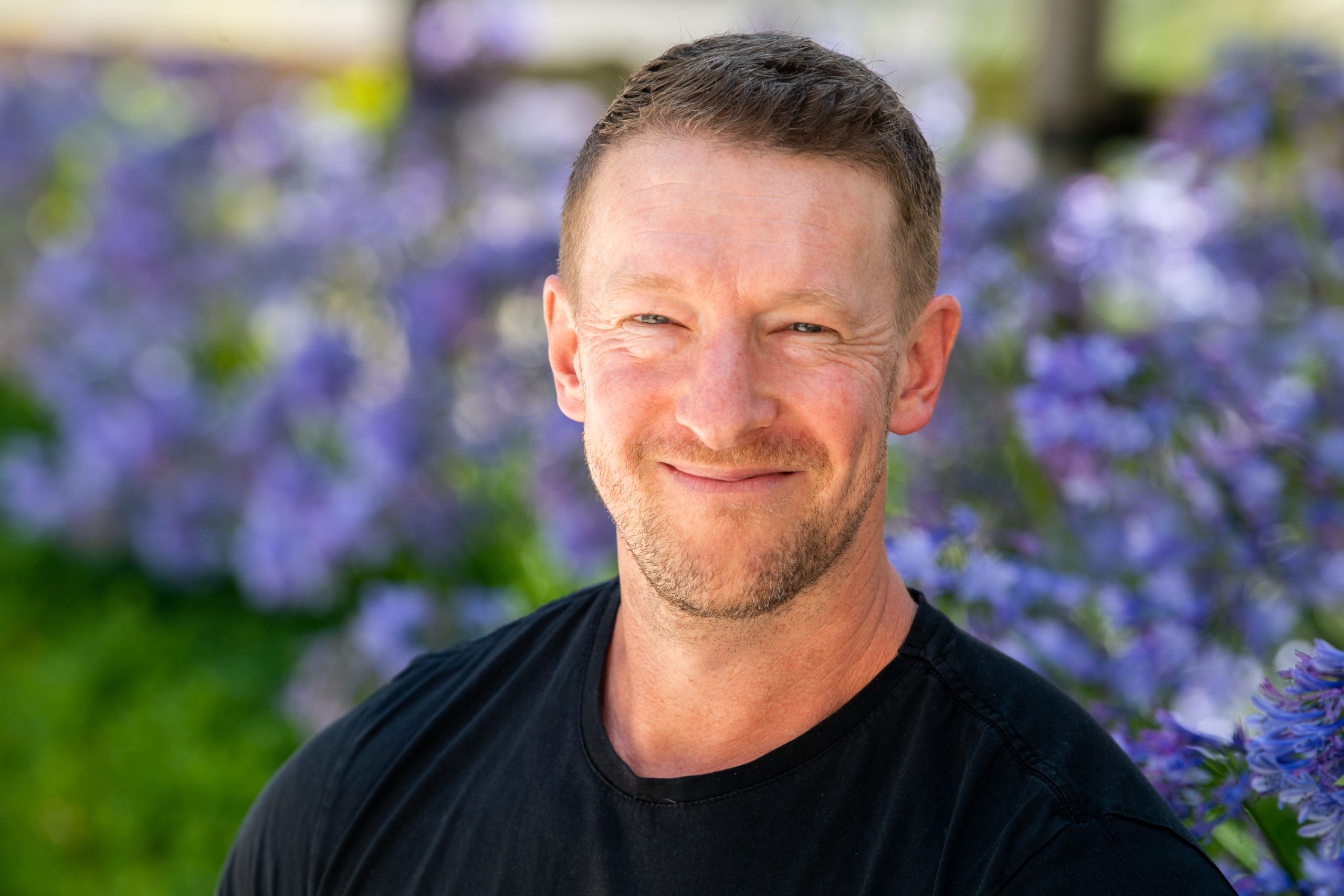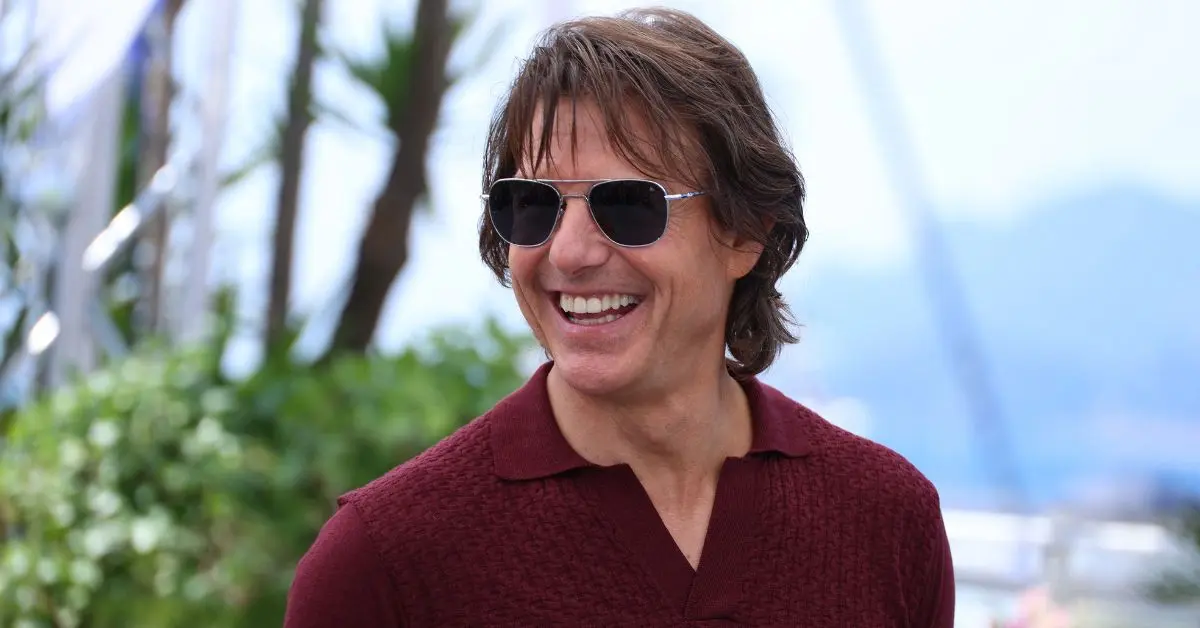Public speaking can transform young lives: The Mark My Words initiative should be a regular event
By Douglas Kruger,Voices
Copyright jerseyeveningpost

By Douglas Kruger
SAY what you will about the youth – but I was one of the panelists last week judging the speeches presented by Year 8 students in a terrific initiative called Mark My Words, and they were outstanding. A level of outstanding that makes you feel good about the future. I genuinely did not expect so high a standard at so early an age.
We were seated in the top gallery of the States Chamber, which was designed back when people were the size of small armadillos. Armed with our pens and judges’ sheets, we watched as the kids took occupancy of the chamber below, perching on chairs they had seen on the news. One by one they rose to argue their points, and one by one they made our Island proud.
Whatever they’re up to at our schools these days, it’s working. And public speaking is more important than we credit. Harvard Business Review once noted that no other soft skill leads as directly to promotion, across a range of industries. It’s the basis of leadership, of sales, of persuasion. Even the ability to network or function in teams relies upon it. Those who do it well are invariably invited to do it again, in a virtuous cycle benefiting their entire life and career. At base, it’s about organised thinking.
On the day, standards were so high that just a razor-thin margin separated the top three speakers. The scripts were impeccably well written, the logic strong, the hooks and angles compelling. So, what made the difference?
In a single word: connection.
Public speaking takes place live. Certainly, it permits of a great deal of preparation before the day. But ultimately, it’s down to the moment, and it’s all about what the audience present on the day experiences. It’s the energy, the connection, the passion. And our winner, a talented young lady named Ophelia, simply had that edge.
So, how do you do that?
Say you’ve polished and prepared your script, and it’s nigh on perfect. There’s nothing more to be done. How do you accomplish that ineffable extra quality of sizzle? Of scintillating, in-the-moment audience connection?
For starters, never read a script. Remember that you are there to “perform a live delivery”, not to “read out some words”. The distinction isn’t small. Reading text may result in a flawless flow of words, but it will never quite look and sound as though you mean every one of them. Passion lands differently on the ear.
That’s not to say you can’t use notes, especially for younger kids who worry about forgetting a word. But the notes must not get in the way, nor become the centre of focus. Forgetting a word is not as consequential as foregoing passion. We, the audience, don’t know what’s on the script. But we can see whether you mean what you say.
It’s obvious right from the first sentence. When a speaker is script-bound, they will rise, ignore the audience, and read out their first line. By contrast, top speakers remember that there are sentient humans in the room, and that reaching their hearts and minds is the point. It’s a relationship, and you create it on the go.
So they rise confidently, make eye-contact, take a half-second to “gather up” the room with an inviting glance. It looks something like the sweep of a lighthouse beam, and it establishes a strong presence right from the start. Remember to switch on your eyes.
Thereafter, direct your energy toward the audience, not toward your notes. Nervous speakers want nothing more than to avoid eye contact. Strong speakers look as though they see who is in the room, enjoy their company, and intend on reaching them, all of them, all around, with exciting new thoughts. They engage hearts and minds with every word, every sentence, every punchy point.
Remembering perfect sentences is one thing. Driving them home with passion is another. You can’t achieve that level of magic if your focus is on the paper.
Secondly, pausing is your friend.
That’s because another casualty of reading is “pace”. When we speak with passion, we tend to vary our pace, speeding up as we build our argument, then pausing for effect after saying something profound. Reading flattens those differences, and locks the voice into stiffer patterns.
For anyone intending to compete again next year, I would even advise scripting one or two pauses right into your text. Like this:
“And that’s why we must act now! (Pause). We all know it matters, we all know it must be done. (Pause)”
Here is a simple way of practising it. Find a mirror. No scripts. You won’t even need words. Instead, just stand before the mirror and count out loud. But do so in passionate rhythms, as though you are arguing your point.
Because that way, you won’t be thinking about lines on a page. No need to come up with words. Just observe your own body language, pure, raw and rhythmic. Try out some dramatic pauses. Try going faster and louder. Try dropping to a soft and profound voice. Try looking chatty and fun. Play with it, and see how you look.
Once you appreciate how powerful your delivery can become, and how nuanced, your speaking style will be transformed.
The Mark My Words initiative was a stellar idea. For some of those kids, it will be life-changing. They will discover a skill that, taken further, will impact the trajectory of our lives. Let’s do more of that. And allow them to continue to astonish us.
There’s talent on this island.
Douglas Kruger was a five-time winner of the Southern African national championships for public speaking, hosted by Toastmasters International, and represented Africa at the World Championships several times. He is a full-time speaker and author, and lives in St Helier.



